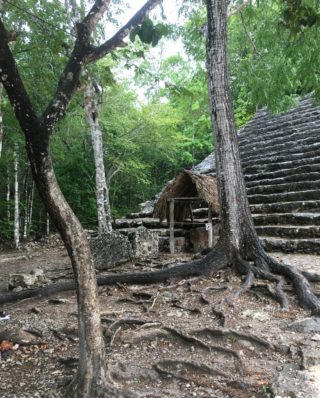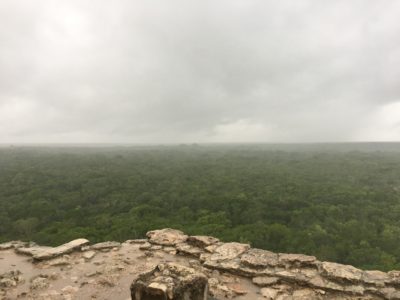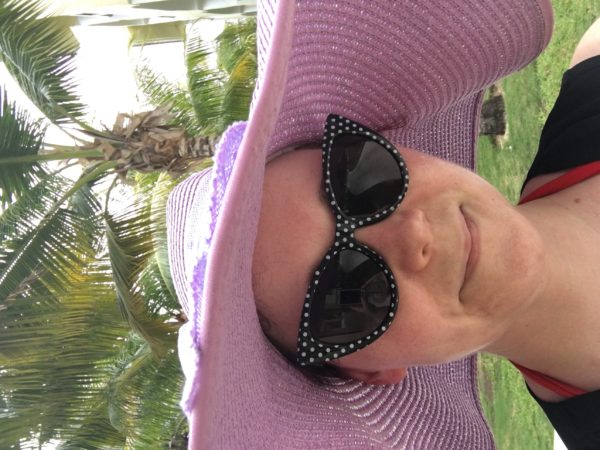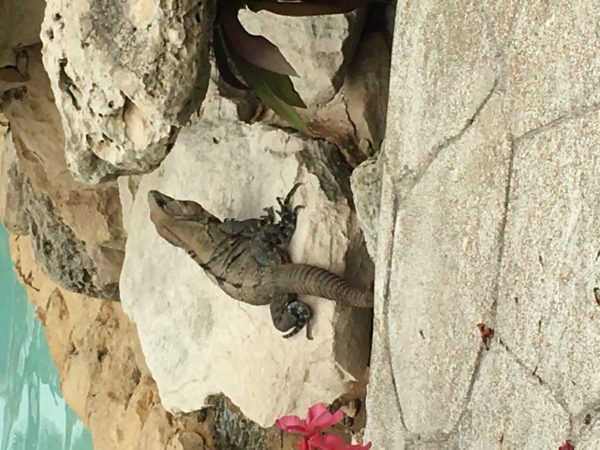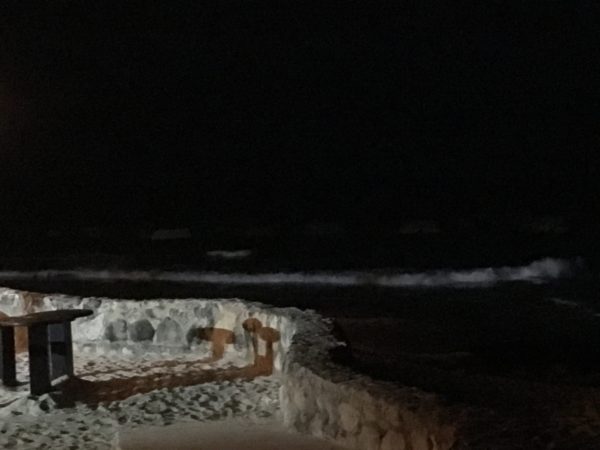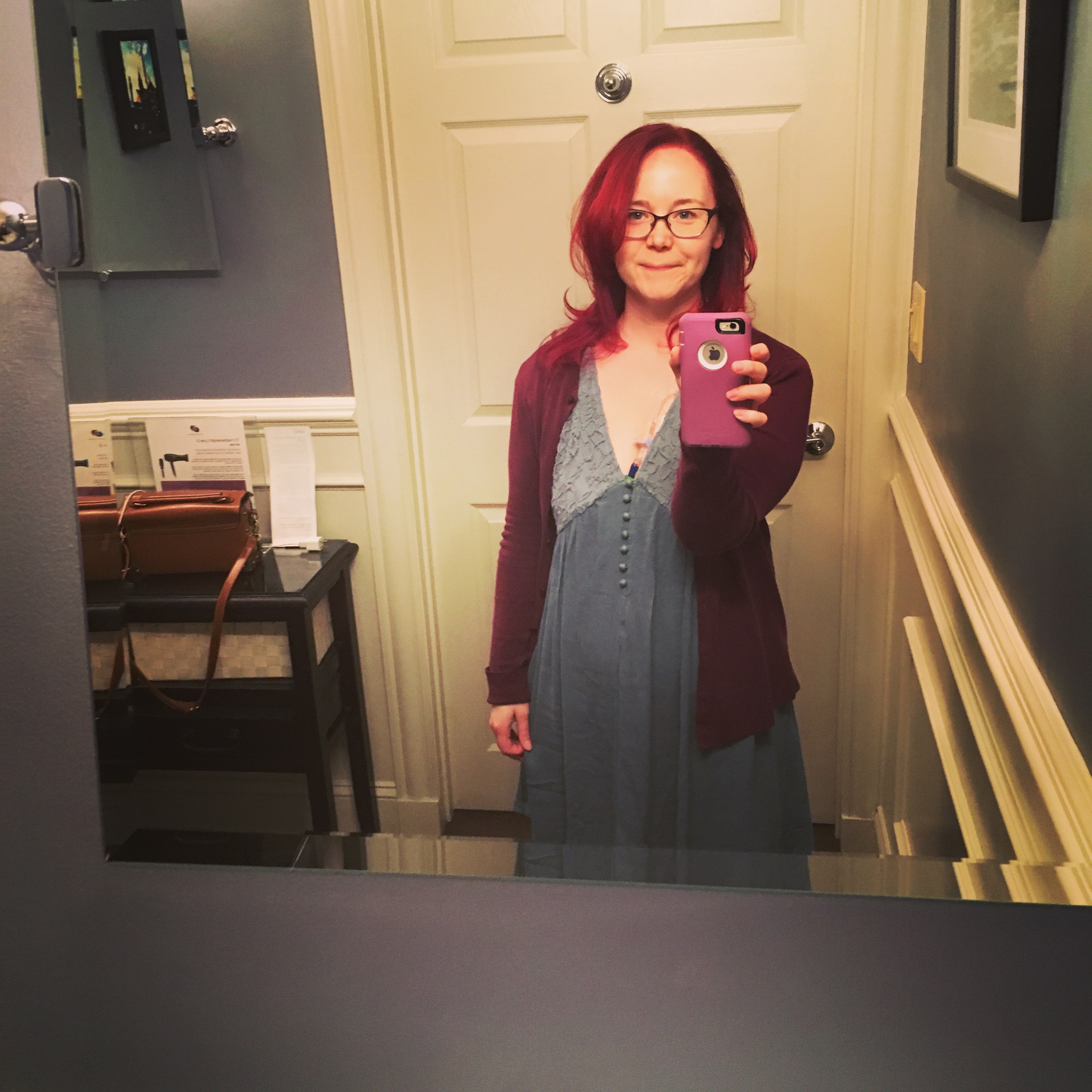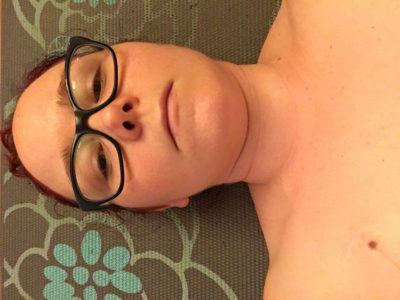Raising hell
I started this blog in 2014 with the expectation that only a few people would read it. There were some educational posts but they were pretty cursory. They were very directed towards patients without a lot of science background. I sometimes included references. I didn’t fret over the wording or the way I presented facts because controversy seemed unlikely to strike. I was basically talking to myself in those early months.
Everyone who reads MastAttack knows where this ends up: that a lot of people started reading it. People came to me in droves for answers to their questions. Caregivers came for advice. Health care providers and researchers began to view me as an opinion leader and MastAttack as a reliable source of information about mast cell disease. I started working with patients and medical teams to advocate for appropriate management, diagnosis and treatment. I wrote and rewrote posts and read and reread literature and data about mast cell disease to guarantee its accuracy. I became an authority on mast cell disease and sort of authority figure in the mast cell community.
I spend a massive amount of time researching mast cell disease. I write and rewrite posts constantly. I read and reread literature and data. The pressure to be right is huge, and it should be. MastAttack is a readily available point of contact for any person trying to learn about mast cell biology or mast cell disease. Failing to accurately vet something could affect people’s lives.
Ultimately, I have to be right, every time, because when I speak, I am speaking for every mast cell patient. I take that responsibility very, very seriously. It is more than just understanding the science. I have to know the story I am trying to tell about these diseases that can direct patients and providers toward effective care. I have to convey the human impact of these diseases. As a representative of the mast cell community, I have to be on message.
I have philosophical and academic differences with mast cell researchers, providers, and patients, especially about some of the more nuanced science. Despite this fact, overwhelmingly, this community is united in telling one story with one message.
Mast cell disease is cruel and debilitating. It steals things from you. It steals your life. It is scary and graphic and gross and endless. It is handfuls of pills and organ damage and surgeries and central lines. It is so, so serious. It is epipens and swelling and wheezing and puke. It is danger. It is the exhaustion of arguing with insurance companies for hours at a time. It is the metal taste of fear when we wonder if our kids will get it. It is the quiet terror that this disease will get worse. It is the unutterable thought that maybe one day it will kill us.
It is also the strength of a patient’s bonds with their family. It is the discovery that you can keep going long after you are certain that you can’t. It is iron will. It is the exhilaration of achievement in spite of the damage your body sustains on a daily basis. It is love and joy and tears and uncertainty. Because this is real life and these are real people and real diseases. That is the message.
Misrepresenting that message in private or in public does more than a disservice to mast cell patients. It can be harmful. It can be dangerous. And since rare diseases are by their very nature scarce, media around them is also limited. A person without these diseases might only ever read one article about mast cell disease or see one interview. We do not have infinite opportunities to educate people about these diseases. We are not living in forever. When a person speaks to the public on behalf of the mast cell community, what they say MUST be correct. It MUST tell the real story. It MUST represent the experience of living with this disease accurately. It MUST be on message.
For patients who are wondering why I’m waxing philosophical at 3am about the onus upon subject matter experts in this community, there was a very recent televised interview about mast cell activation syndrome (MCAS). I’m sincerely trying not to be unkind but I was genuinely bewildered by the amount of inaccuracy jammed into a four minute video. I’m not going to link to it because frankly, I don’t want to generate additional traffic to the video. It was insulting and irresponsible at best.
Mast cell activation syndrome (MCAS) is a serious, chronic health condition that affects all organ systems. It increases the risk of anaphylaxis, which can be fatal. Complications of MCAS can include organ damage. It is often disabling. It is often found alongside other conditions such as Ehlers Danlos Syndrome and POTS. It is not well known among medical providers. It is difficult to test for. Treatment revolves around blocking mast cell mediators with things like antihistamines and mast cell stabilizers. Most people are not able to manage their diseases simply by avoiding triggers. Most people need medication, and often, a lot of it. Most people have symptoms every day and sometimes experience bad mast cell attacks and anaphylaxis. MCAS is in no way a mild or minor health issue. It should not be minimized and neither should the experiences of the people living with it.
In the same way that experts are responsible for sharing accurate information, patients also have a duty. This is your community. You have a voice and a duty to use it. If you are not being represented accurately, raise hell. If your disease is being minimized, raise hell. If the science is not being explained correctly, raise hell. When misinformation threatens your safety, You. Raise. Hell. Yes, you.
Use your voice. Tell your story.
Stand up and fight. And raise hell.
For people looking for reliable information to provide to lay people or providers about mast cell disease, please visit the following posts:
The Provider Primers Series
The MastAttack 107
The Mast Cell Disease Fact Sheet

